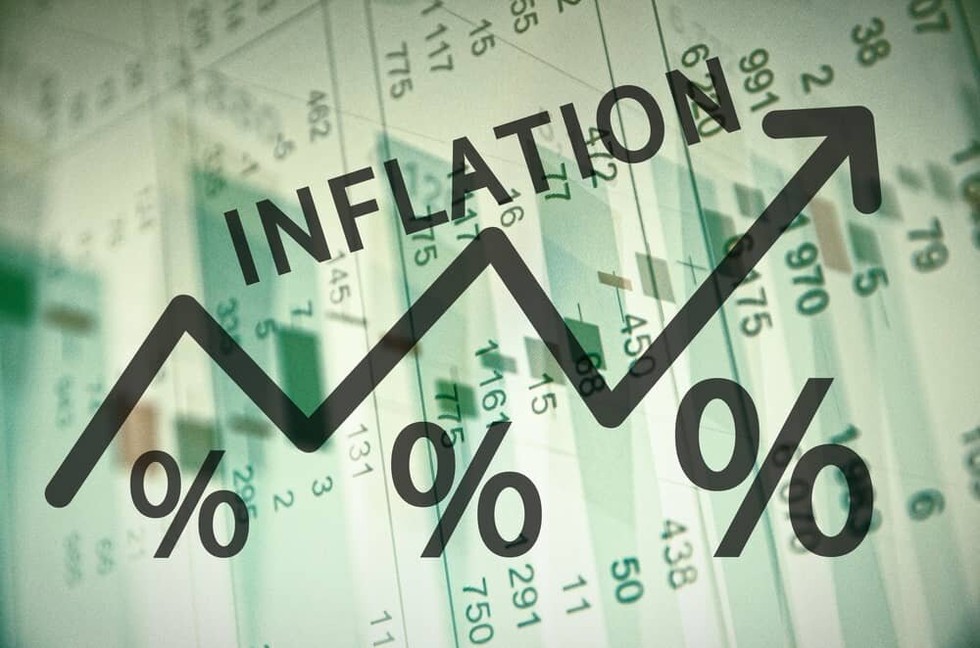
About Imported Inflation:
The RBI and the Finance Ministry coul...
The Ministry of Mines will hold a two...
The first true copy of the painting I...
A group of environmentalists have rai...
The United States recently confirmed ...
Booth Capturing during elections in I...
Recently, the US Secretary of State A...
The meeting of the Sub-Committee on A...
Recently, both aircraft carriers of t...
There are bilateral discussions regar...